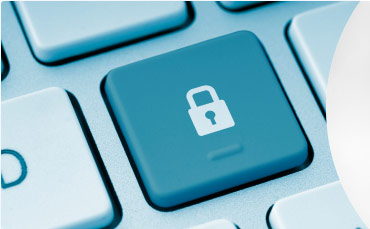Identity Theft
As commerce has evolved from cash on hand to digital credit based transactions, so have the criminals who seek to steal value from consumers illegally. In the 1950s a criminal might try to grab someone's wallet or break into a store late at night. Today, most wallets have more plastic credit cards in them than dollar bills, and an increasing number of stores have become virtual websites without a physical storefront to infiltrate. Today's criminals are online and much more interested in information than anything else.

If you buy products and services from unsafe websites or make use of social networking applications that fail to use important security measures to protect your identity, hackers can collect information about you from those inferior websites and products. That information can be put to use it in a variety of ways. Sometimes it's as simple as stealing your credit card number from an unsecured shopping cart page. Other times it's a more elaborate scheme of piecing together as much of a history about you as they can from a combination of public records and �scraped� information to create a profile of you that gives cyber-criminals the opportunity to impersonate you online or offline.
Identity theft is a serious crime and in some cases it allows the digital thief to make purchases and sign legal documents while claiming to be you, or to access other accounts and personal records from unwitting legitimate sources by using biographical data procured in part from unsafe sites you have used in the past.
WebsiteSecure.org is one of many organizations that are making a serious effort to stamp out identity theft before it happens. By being vigilant and making sure the websites you use are fully secured, you can greatly reduce the risk of identity theft happening to you.
Any time any website, email, instant message, phone call or other communication requests personal information from you, please be sure to carefully examine the source. Not all emails and communications are from the groups they claim to be from, and some are very elaborately planned criminal schemes. As any security expert or consumer advocate will tell you, getting your identity back after it has been stolen is a much more expensive, complicated and difficult process than taking important precautions to protect yourself from having your identity stolen in the first place.




